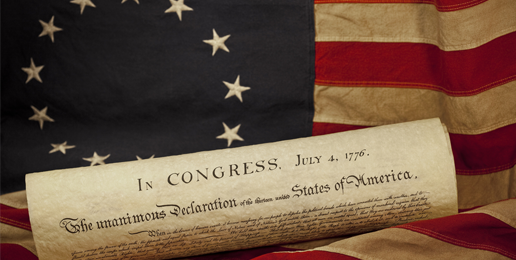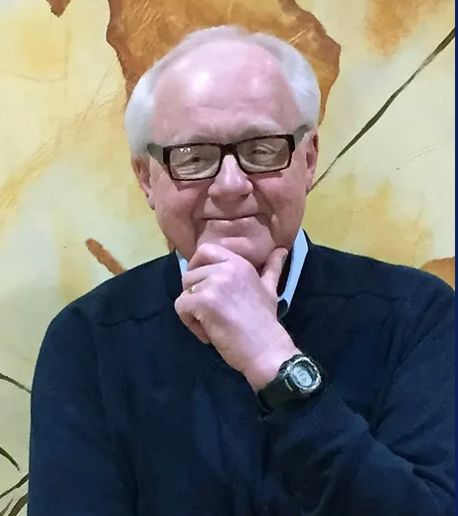
We love our American revolutionary heroes. George Washington. Paul Revere. John Hancock. (Man could that guy Hancock whip up a bold signature, eh?)
We also love their bold resistance to the evil King George III and mother England. As king of Great Britain during the American Revolution, that fellow George III is viewed by many Americans as a byword for tyranny and arrogance from the old European aristocracy. If you watched the musical Hamilton, you’d see the famous king made out to be a decidedly vain figure.
In fairness, King George III was a rather shrewd chap. Today we might call him “complicated.” Even complex. Certainly not one to be trifled with…if you’ll pardon my bringing up trifle in such a way. King George ruled for sixty years, from 1760 to 1820. Those who knew him well would say, “He was frugal in an age of excess. Pious at a time of impiety.” A man of order, it is said he loathed disobedience.
Imagine the king’s thoughts during those first 21 months of America’s war for independence. There were the battles at Lexington and Concord in 1775. Later, the conflicts at Trenton and Princeton. The great British fighting forces faced off against American militiamen and the rag-tag Continental Army, led by our hero General George Washington. Talk about David vs Goliath!
Not everyone was on board with the colonials’ rebellious attitude. In fact, among them were notable preachers! Jonathan Boucher was an Anglican minister in Maryland and Virginia. He staunchly opposed the Revolution, opting for passive obedience to the Crown. And he was so concerned about patriots attacking him that Boucher often preached with a pistol in hand! He would eventually flee to England.
Other Loyalist preachers included Anglican clergyman Thomas Bradbury Chandler in New York. Charles Inglis (an Irish-born Anglican priest) became rector of Trinity Church in New York City. John Joachim Zubly served as a Presbyterian minister in Georgia—another well known Loyalist.
One has to assume that parishioners in those congregations were often treated to “politically divisive messages.” Not that this would happen today! (Sarcasm intended.)
Another well known Loyalist was William Franklin. Recognize that last name? History records he was an illegitimate son of Benjamin Franklin! Supposedly, the two men had a close relationship. He even helped out in his father’s printing business, which gave us Poor Richard’s Almanack.
We’re witnessing an aggressive form of protests in our country again this year. Are blockages of traffic and other illegal activities justified when considered acts of civil disobedience? Is there a limit to our dissent?
Some academics would tell you that dissent is a defining characteristic of American history. Going further, saying that the American Revolution itself “embodies this tradition.” The colonists used nonviolent resistance to challenge laws like the Stamp Act. The Boston Tea Party was a protest against the Tea Act. This is a clear example of the colonists’ “dissent and civil disobedience.”
And so we come to the classic American celebration of July 4th honoring a central document of our nation’s right to rule: The Declaration of Independence. It begins this way:
“When in the Course of human events, it becomes necessary for one people to dissolve the political bands which have connected them with another, and to assume among the powers of the earth, the separate and equal station to which the Laws of Nature and of Nature’s God entitle them, a decent respect to the opinions of mankind requires that they should declare the causes which impel them to the separation.”
The more well known words follow:
“We hold these truths to be self-evident, that all men are created equal, that they are endowed by their Creator with certain unalienable Rights, that among these are Life, Liberty and the pursuit of Happiness.”
What if it takes dissent and disobedience to achieve this? Civil and not-so-civil. And how does that square with the biblical instruction to Christians to obey civil authorities? (See Romans 13:1-7 and 1 Peter 2:13-17.)
This Fourth of July, try having that discussion with your friends and neighbors while cooking up your burgers and dogs. See what they think.
As for me, I’ll be sitting on the sidelines waving my American flag while singing Yankee Doodle and waiting for the fireworks to start. Call me a pathetic patriot.






















